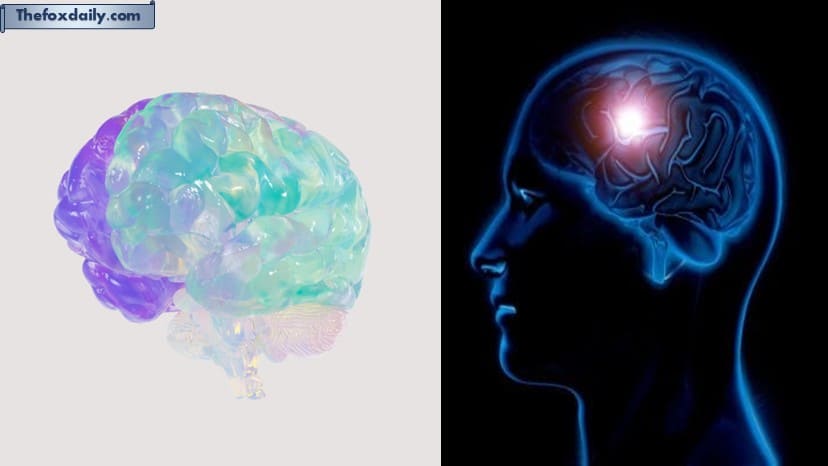
long–term pain alleviation has frequently seemed unattainable for many who suffer from chronic pain. In order to provide notable, long-lasting changes, researchers have now created a brain implant that can recognize pain signals in real time and react with focused deep-brain stimulation (DBS).
Millions of people worldwide suffer from chronic pain, which frequently defies standard therapies due to imperceptible, subtle alterations in brain circuitry. Due in large part to its one-size-fits-all implementation, DBS, which sends electrical pulses to the brain, has demonstrated promise but produced inconsistent outcomes.
At the University of California, Prasad Shirvalkar and his colleagues set out to investigate whether a customized approach may be more effective. Using intracranial electroencephalography, they recorded brain activity from 14 different places over a 10-day period in six individuals with pain that was not responding to medication.
The researchers determined the best stimulation frequencies and locations for five subjects to experience the most relief. One participant regained his physical capacity and embraced his wife for the first time in years, while not reporting a significant reduction in pain. This improvement is deemed significant enough to be sustained.
Then, brain signals associated with high and low pain were separated using Machine Learning. Every participant was given a permanent, specially configured DBS implant that would turn off while they slept and only stimulate when pain signals materialized.
The six-month trial contrasted a sham kind of stimulation with actual stimulation. On average, sham stimulation increased daily pain intensity by 11%, but real, customized stimulation decreased it by 50%. Additionally, participants reported less feelings of despair, less pain interfering with day-to-day activities, and an 18% increase in daily step counts, compared to 1% during the sham. The advantages remained consistent after a follow-up of 3.5 years.
It is a “crucial study that capitalises on cutting-edge instrumentation,” according to Tim Denison of the University of Oxford. He pointed out that habituation—the brain adapting to continuous stimulation—is frequently the reason DBS doesn’t work. In this instance, the effects lasted because the stimulation was adaptive rather than constant.
In addition to addressing the issues of cost, accessibility, and the requirement for less intrusive neuromodulation techniques, Denison stated that the next stage will be to evaluate adaptive vs constant stimulation.
For breaking news and live news updates, like us on Facebook or follow us on Twitter and Instagram. Read more on Latest Technology on thefoxdaily.com.

COMMENTS 0